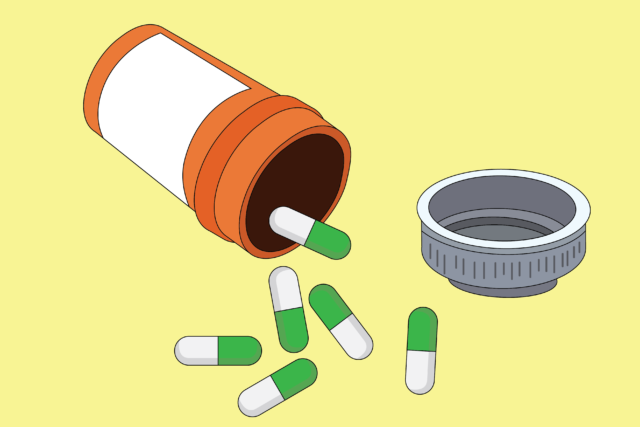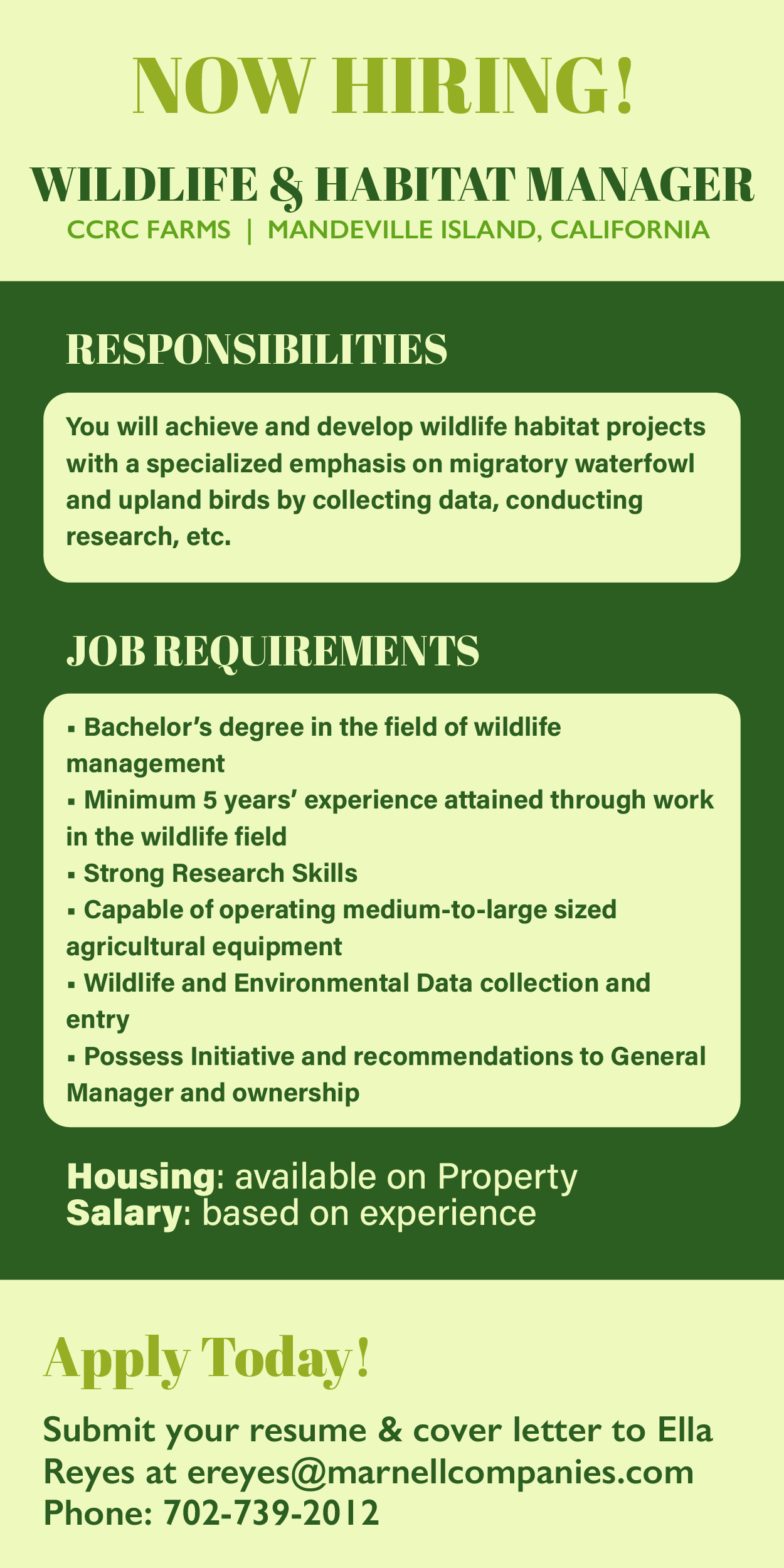
Alternative medicine, lifestyle changes supplement biomedicine, maintain health
Some doctors view reaching a dead end in treatment options as an opportunity to look into alternative forms of medicine and therapy.
The Integrative Medicine program, founded in 2010 under the Institute for Population Health Improvement, focuses on educating the UC Davis community and larger global audience on the value of everyday lifestyle changes in preventing disease and maintaining health.
“The focus has been education, [and] we’ve been very successful with that,” said Dr. Rosane Oliveira, the director of Integrative Medicine. “We started a blog and we post articles every week — we had more than three million people visit the website and read the articles and in the past two years.”
Although the program doesn’t directly see and treat patients, it still teaches readers how to adopt a healthy lifestyle. Every year they run the ‘’21 Day Food Day Challenge’’ and coach people online to adopt a completely plant-based diet for three weeks. Last year, they had over 25,000 participants.
Oliveira’s background in nutritional genomics — the study of how diet can affect gene expression — influenced her proposition to create this program at UC Davis.
“The food we eat changes gene expression and may cause diseases or prevent diseases such as obesity, type-two diabetes, cancer or cardiovascular disease,” Oliveira said.
Integrative medicine emphasizes the role of daily choices in one’s health, reminding patients that they have agency over our bodies.
“The focus is on more definable lifestyle factors that are under control by each individual, which I think is very liberating for most patients,” Oliveira said. “If you do your best, your chances of preventing one of those disease are very, very high.”
Health consciousness is for everyone; the earlier we begin to adopt these healthy habits, the better assimilated they will become into our daily lives.
“Making better lifestyle choices every single day starts when we are very young because […] most of the things we do on a daily basis are based on habit,” Oliveira said. “Making sure we adopt healthier habits when we are young is going to pay off when we are older.”
Having formed just two quarters ago, the Naturopathic Exploration Club (NEC) works to raise awareness about alternative medicine disciplines, such as naturopathic medicine and acupuncture.
“I have an international background coming from an eastern country, so we have a lot of alternative treatment in my culture’s background,” said Sunny Zhang, a third-year neurobiology, physiology and behavior major and NEC president. “When I came to America I noticed the difference and I noticed this part missing in our healthcare system so I thought it we needed to raise awareness, letting future doctors know about the existence of these [alternative] treatments.”
To offer the best treatment they can, doctors need to be aware of all possible options available.
“It’s even more important for students who are planning to go the conventional way for medicine to widen their horizons and know [about] these unique aspects of medicine to keep an open mind,” Zhang said.
The club has brought in professionals to speak about their paths in order to break stereotypes and dispel misconceptions.
“We want to keep it really professional and educational instead of just promoting something,” Zhang said. “I know right now there are so many misunderstanding of alternative medical treatments, especially in the U.S. I think people need to just talk and be more informed.”
Alternative medicine faces a lot of skepticism in western society, where the dominant discourse revolves around biomedicine, shunning most everything that is not “scientifically proven.”
“I encountered people with very skeptical views or very much just disliked this entire idea of naturopathic medicine,” Zhang said. “They don’t think it’s medicine — they think it’s pseudoscience — and I think that’s exactly why we want to bring actual professional doctors with licenses and a medical school education. I can’t say whether or not it’s pseudoscience, but I would like to know more about it. That’s our goal.”
Other forms of treatment, such as art therapy as a form of psychotherapy, can promote wellness for those who seek it. This option is employed by therapists who use the art process as a means for communication and self-expression.
“Its essentially beneficial for people that don’t typically communicate verbally or are looking for another way to express themselves,” said Katie Lorain, an art therapist at UC Davis’ Children’s Hospital. “[It allows them] to have a therapeutic relationship that is not the typical one.”
Lorain was inspired to pursue this unique path when witnessing the power that art has in unifying children with disabilities by providing them with a language that allowed them to interact in a different way.
“My first internship was at the VA [Veteran’s Association] in the Bronx working in a nursing home,” Lorain said. “I was able to do a lot of video therapy, documentaries and autobiographical documentaries where some of our patients were able to tell war stories [or] just document their lives for their children and grandchildren. They were typically nearing end of life, so it was a way of [creating] something permanent for them and their families [to] hold on to.”
Lorain was able to work at the California Medical Facility prison in Vacaville to provide psychiatric patients with this necessary outlet.
“We had incarcerated males that were acutely psychotic or needed inpatient psychiatric help, so they would come to our prison from all over California for stabilization and art therapy, music therapy, or recreational therapy,” Lorain said. “We helped them find different coping tactics to use.”
In the viewpoints of people such as Oliveira and Lorain, doctors and patients would limit their resources by disregarding alternative medicine such as art therapy, naturopathic medicine or other forms of integrative medicine.
“It’s never too early to start learning how to take care of yourself,” Oliveira said. “Sometimes change starting with us will touch the lives of those we love.”
Written by: Sahiti Vemula — features@theaggie.org




